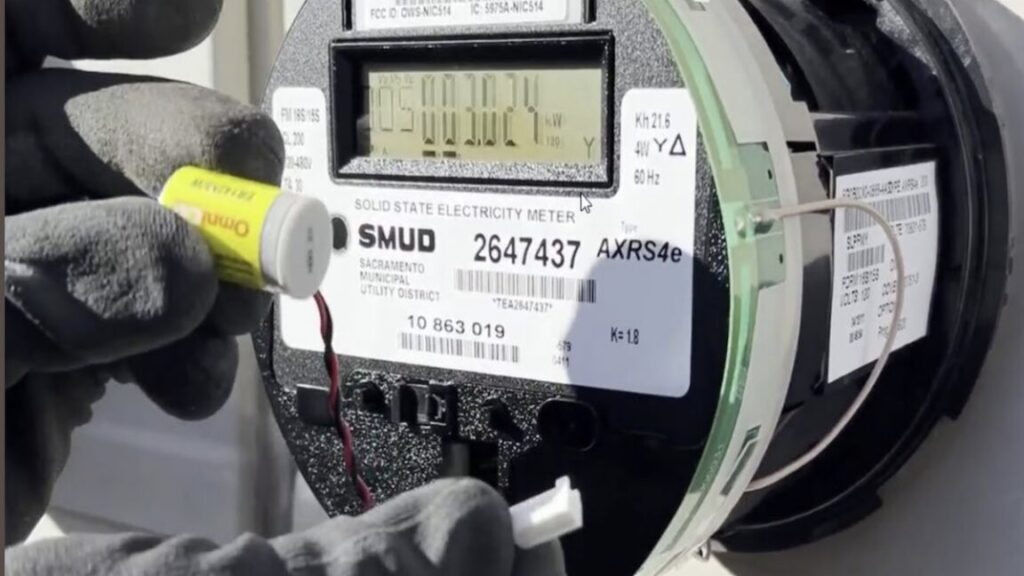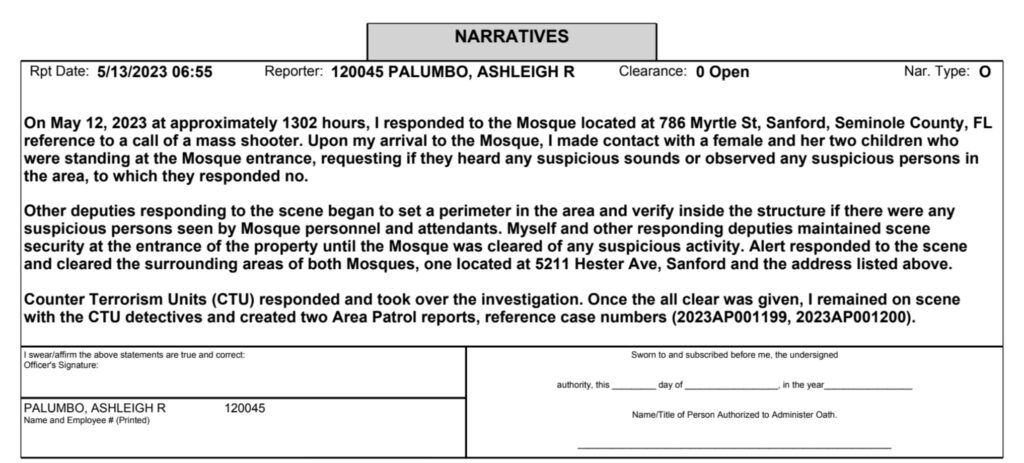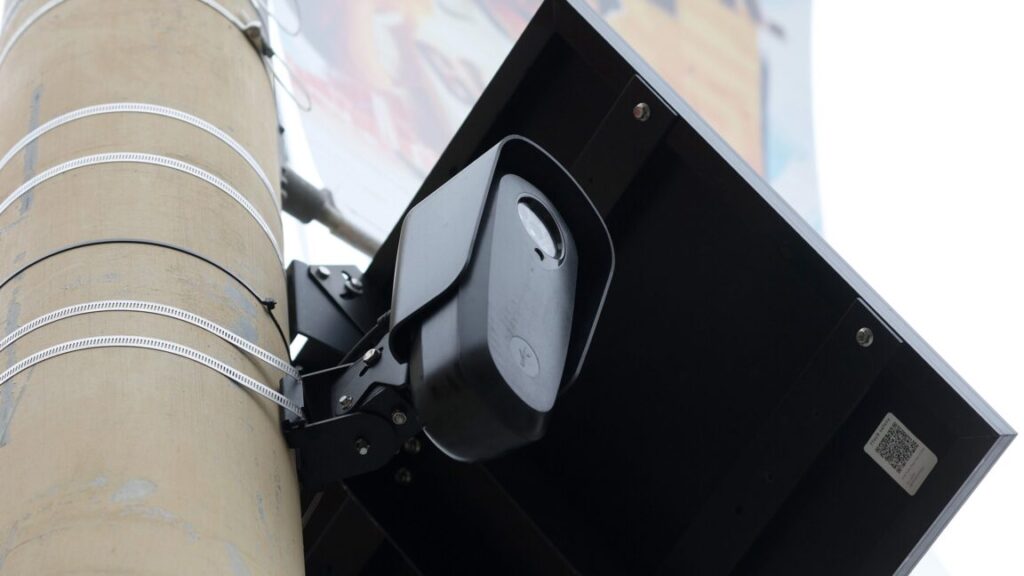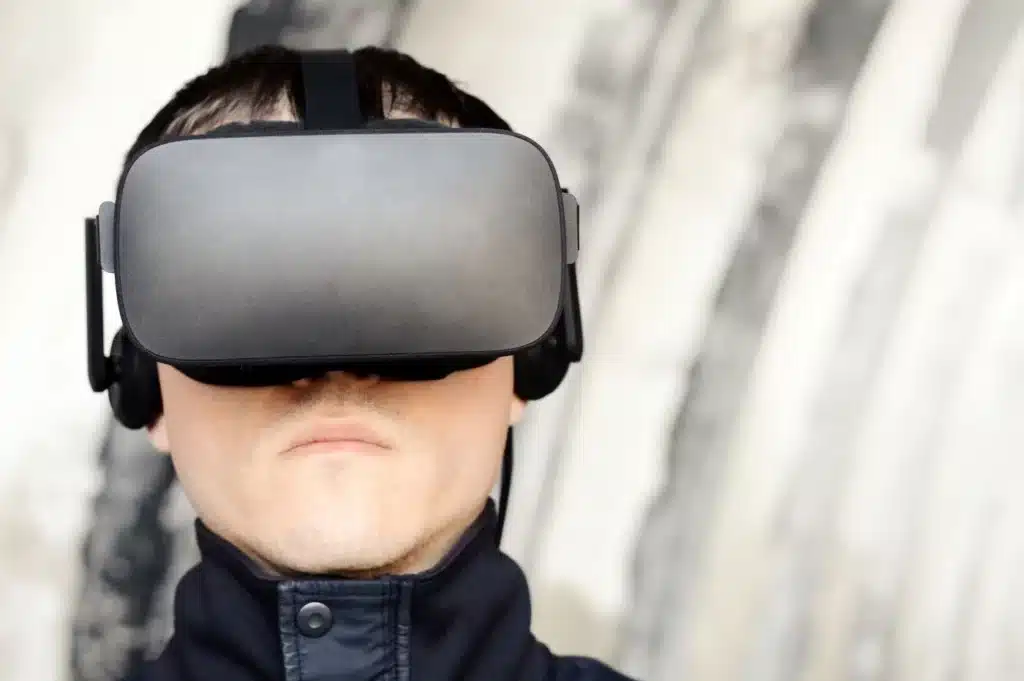A power utility is reporting suspected pot growers to cops. EFF says that’s illegal.
In May 2020, Sacramento, California, resident Alfonso Nguyen was alarmed to find two Sacramento County Sheriff’s deputies at his door, accusing him of illegally growing cannabis and demanding entry into his home. When Nguyen refused the search and denied the allegation, one deputy allegedly called him a liar and threatened to arrest him.
That same year, deputies from the same department, with their guns drawn and bullhorns and sirens sounding, fanned out around the home of Brian Decker, another Sacramento resident. The officers forced Decker to walk backward out of his home in only his underwear around 7 am while his neighbors watched. The deputies said that he, too, was under suspicion of illegally growing cannabis.
Invasion of the privacy snatchers
According to a motion the Electronic Frontier Foundation filed in Sacramento Superior Court last week, Nguyen and Decker are only two of more than 33,000 Sacramento-area people who have been flagged to the sheriff’s department by the Sacramento Municipal Utility District, the electricity provider for the region. SMUD called the customers out for using what it and department investigators said were suspiciously high amounts of electricity indicative of illegal cannabis farming.
The EFF, citing investigator and SMUD records, said the utility unilaterally analyzes customers’ electricity usage in “painstakingly” detailed increments of every 15 minutes. When analysts identify patterns they deem likely signs of illegal grows, they notify sheriff’s investigators. The EFF said the practice violates privacy protections guaranteed by the federal and California governments and is seeking a court order barring the warrantless disclosures.
“SMUD’s disclosures invade the privacy of customers’ homes,” EFF attorneys wrote in a court document in support of last week’s motion. “The whole exercise is the digital equivalent of a door-to-door search of an entire city. The home lies at the ‘core’ of constitutional privacy protection.”
Contrary to SMUD and sheriff’s investigator claims that the likely illegal grows are accurate, the EFF cited multiple examples where they have been wrong. In Decker’s case, for instance, SMUD analysts allegedly told investigators his electricity usage indicated that “4 to 5 grow lights are being used [at his home] from 7pm to 7am.” In actuality, the EFF said, someone in the home was mining cryptocurrency. Nguyen’s electricity consumption was the result of a spinal injury that requires him to use an electric wheelchair and special HVAC equipment to maintain his body temperature.
A power utility is reporting suspected pot growers to cops. EFF says that’s illegal. Read More »









